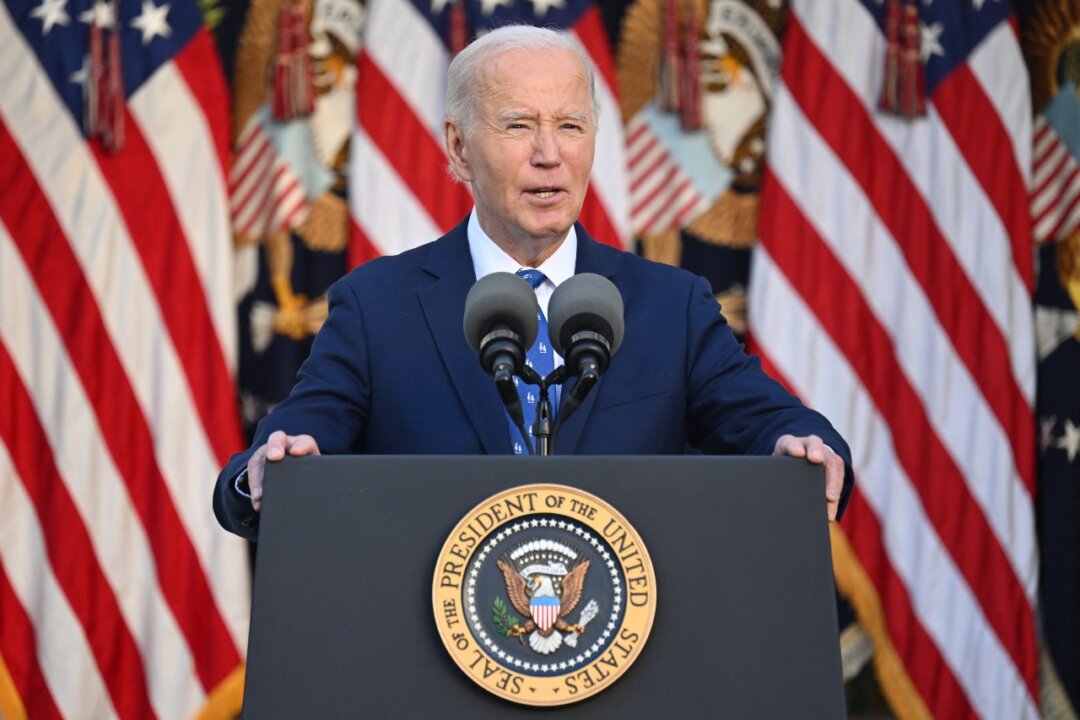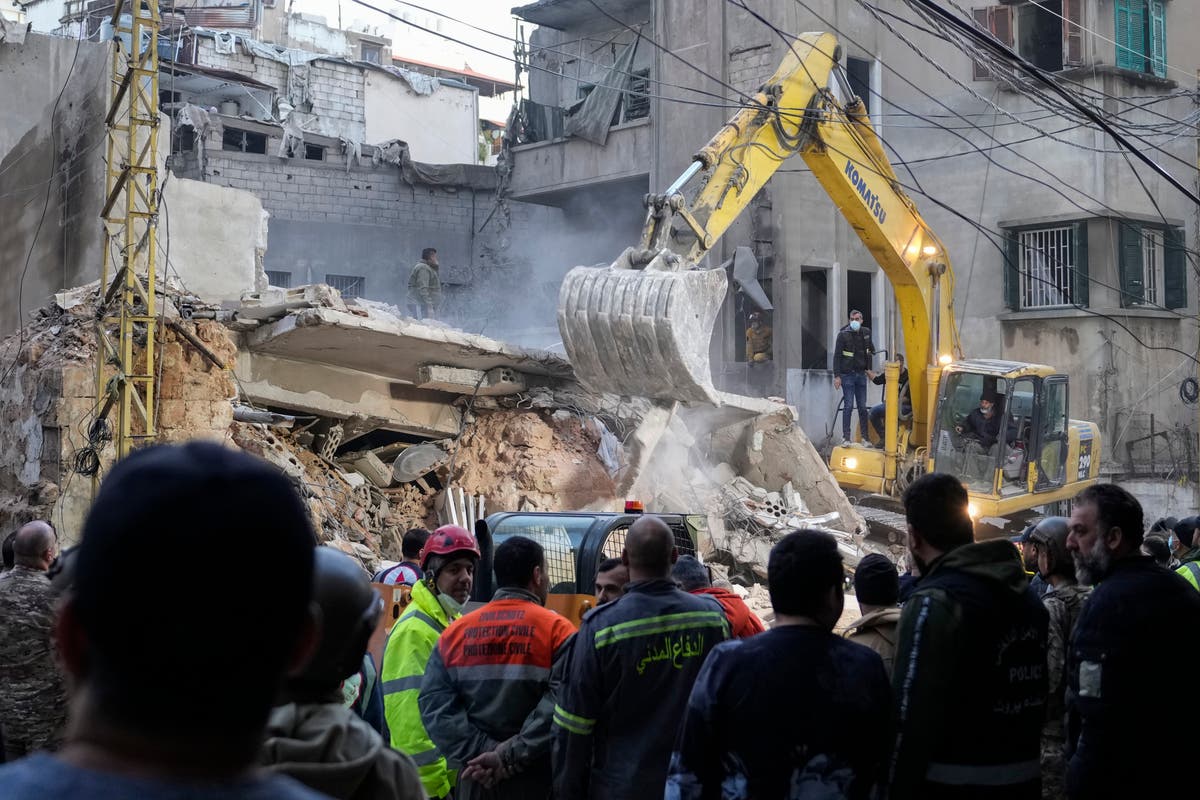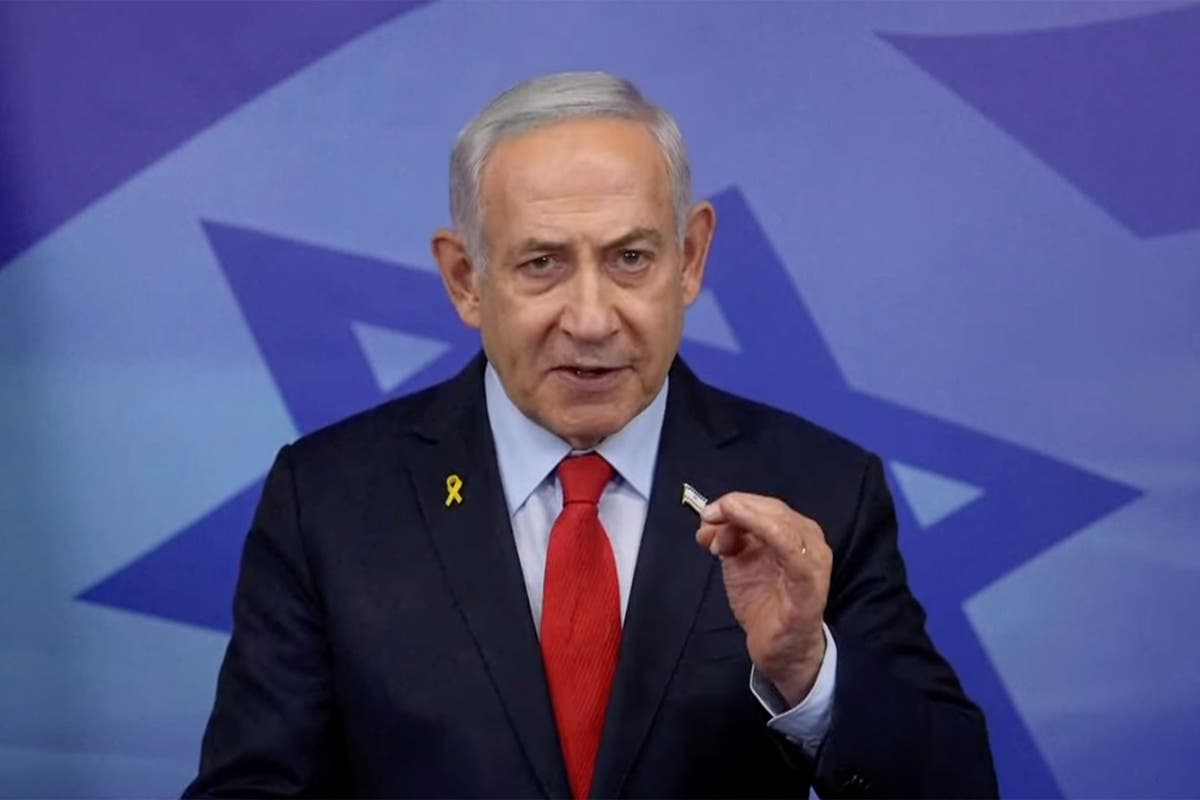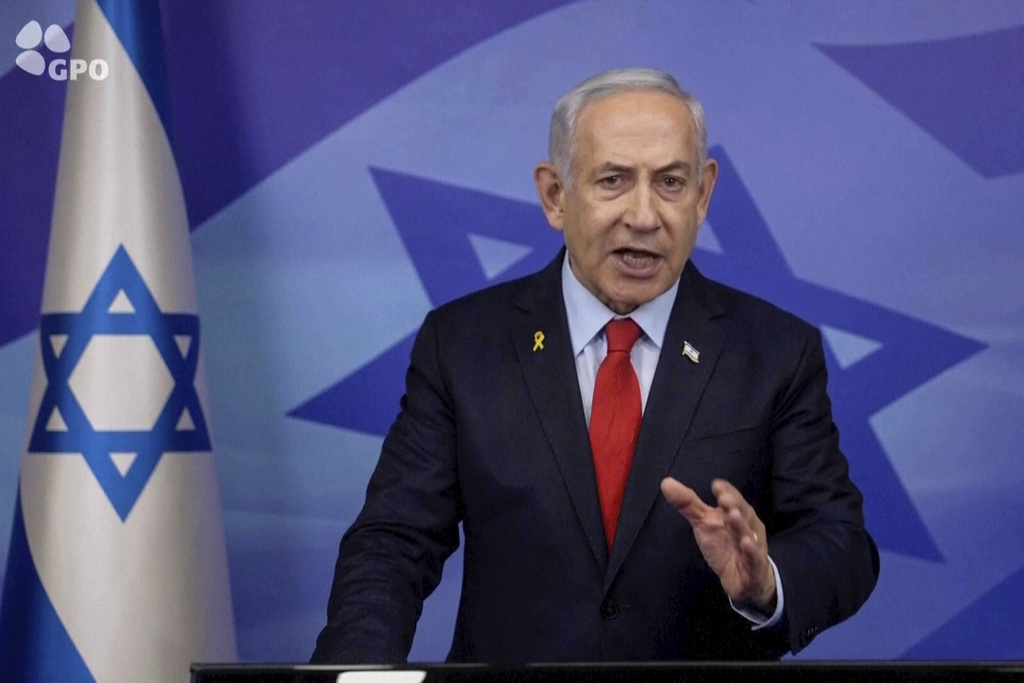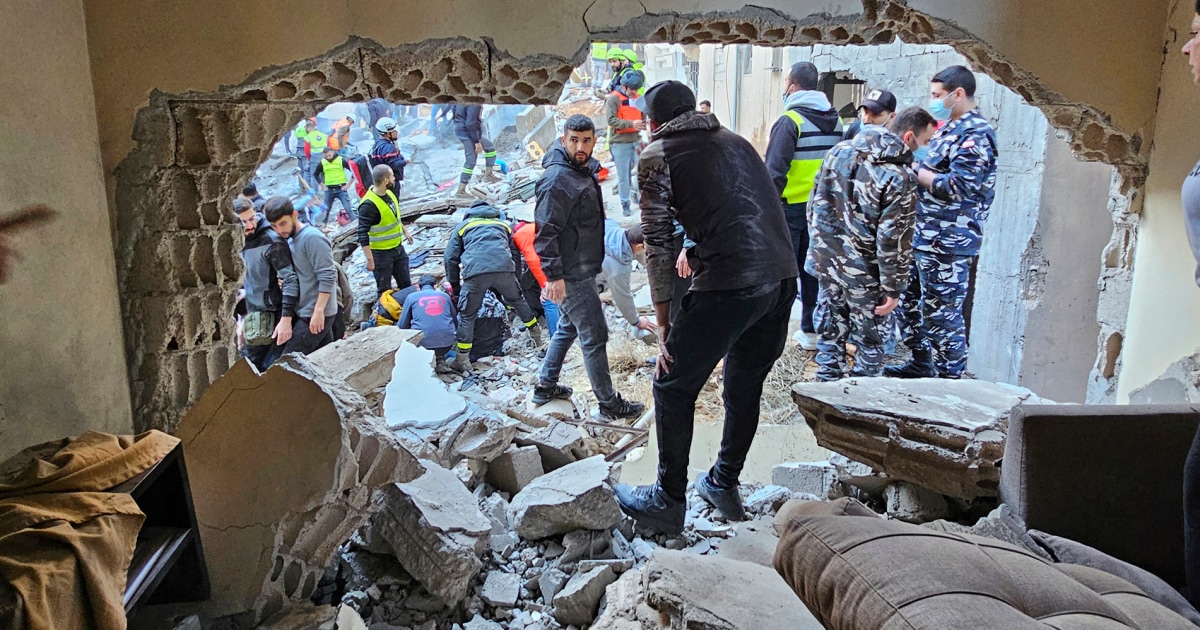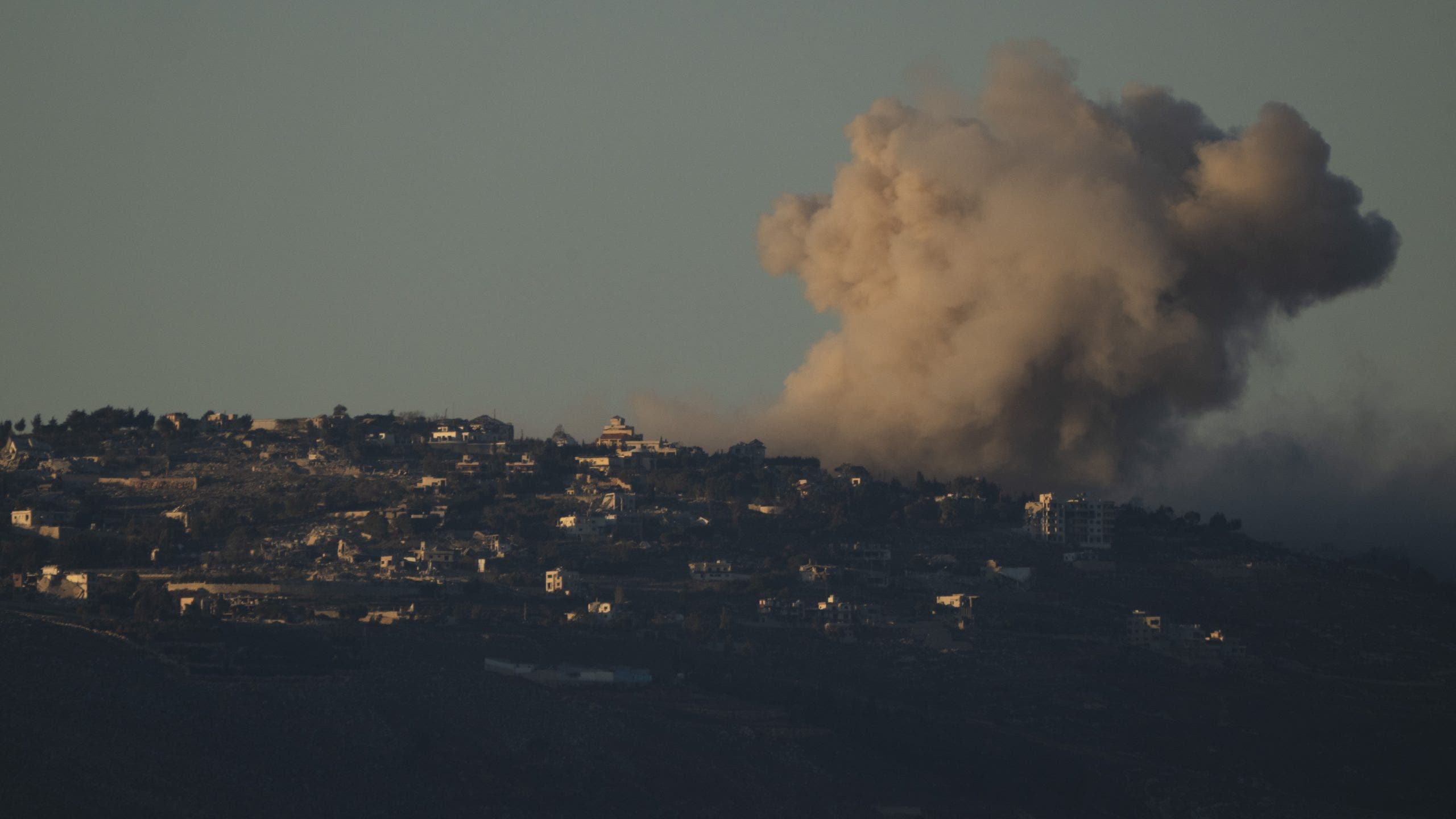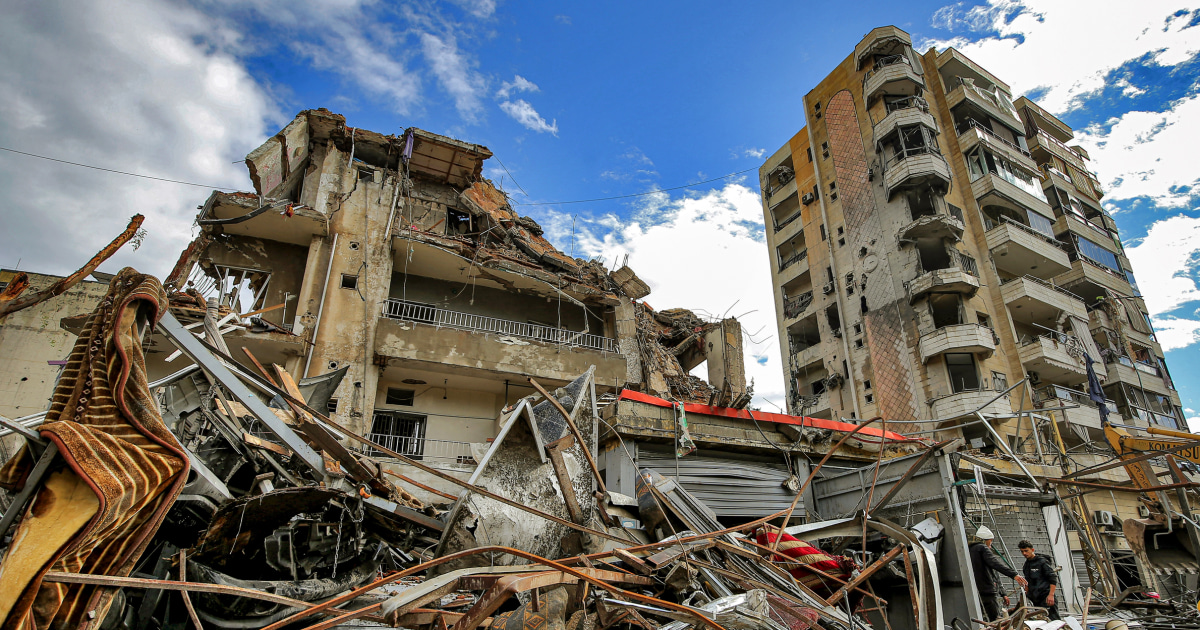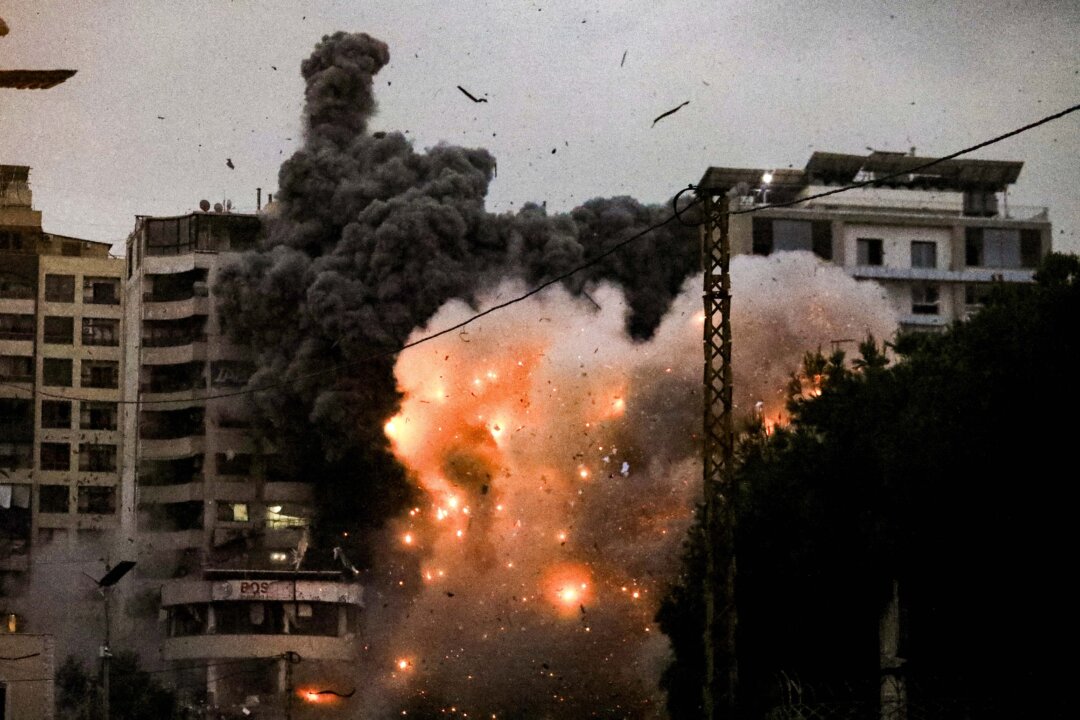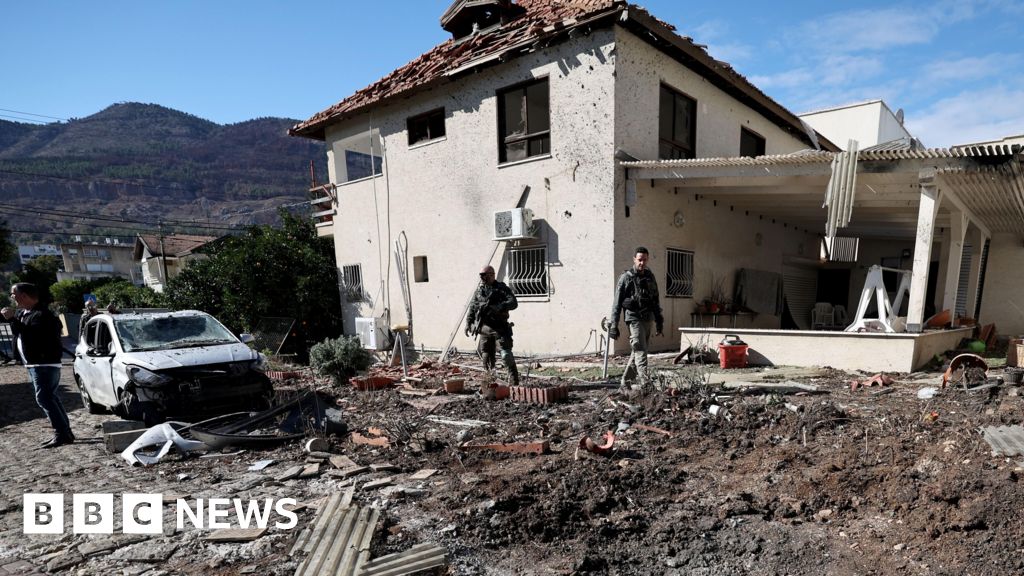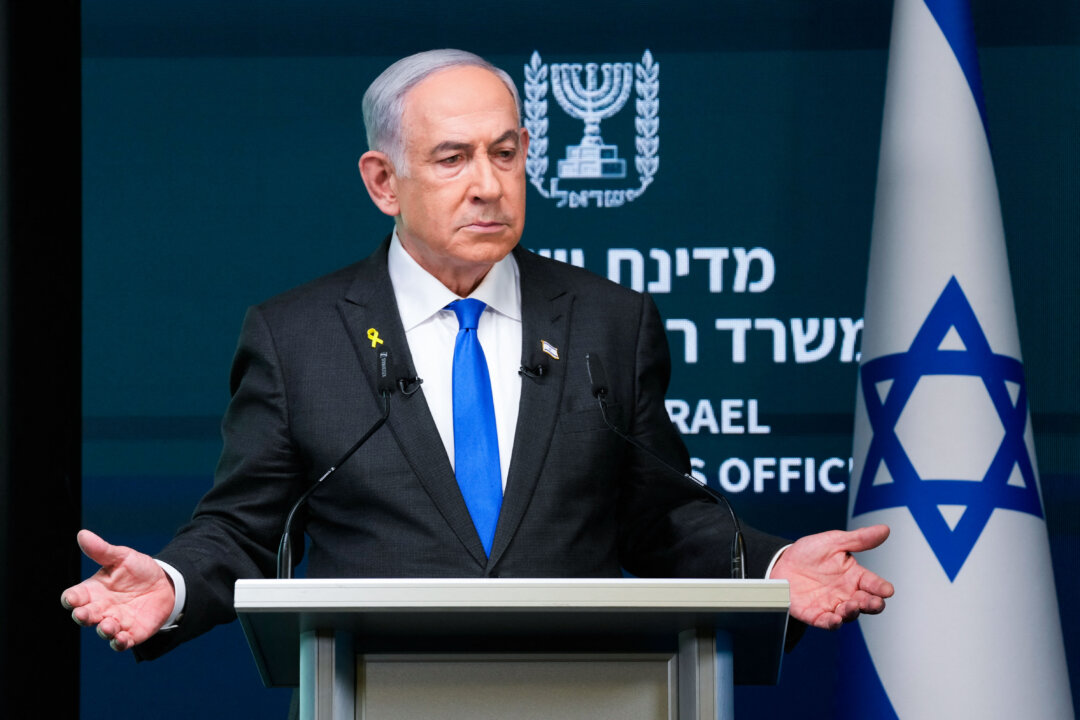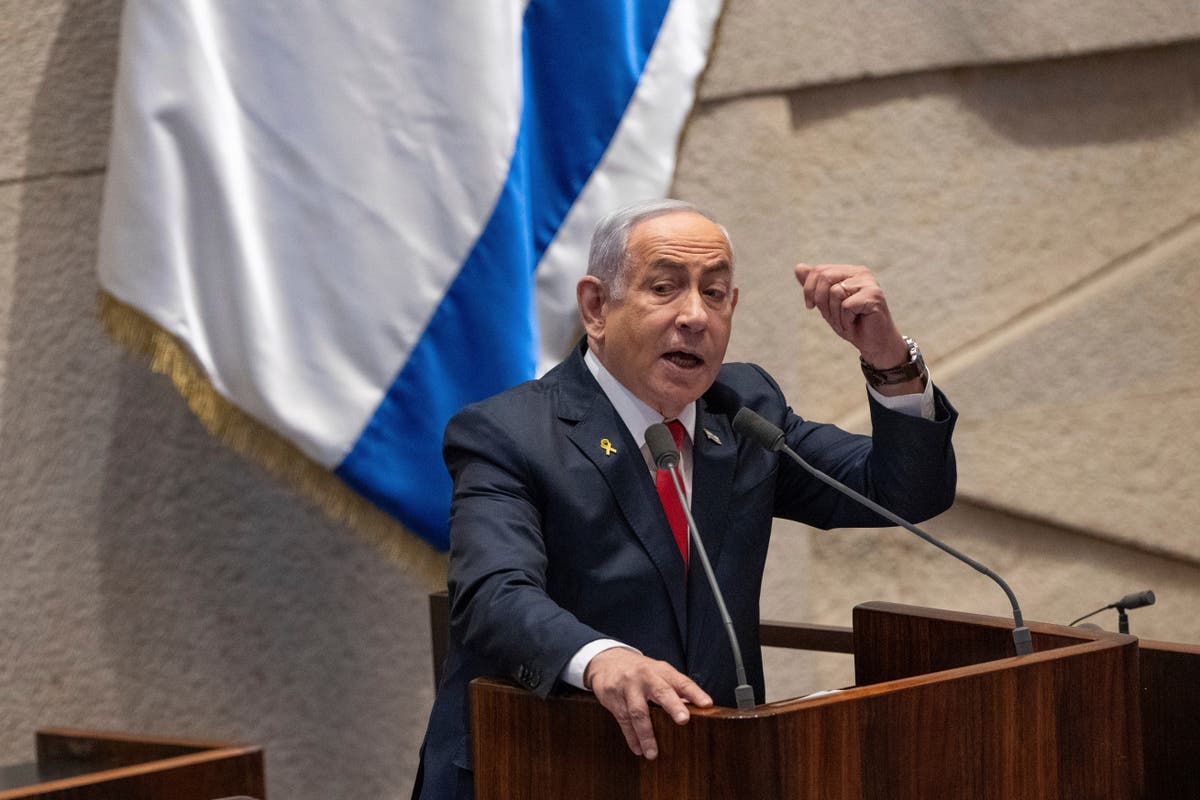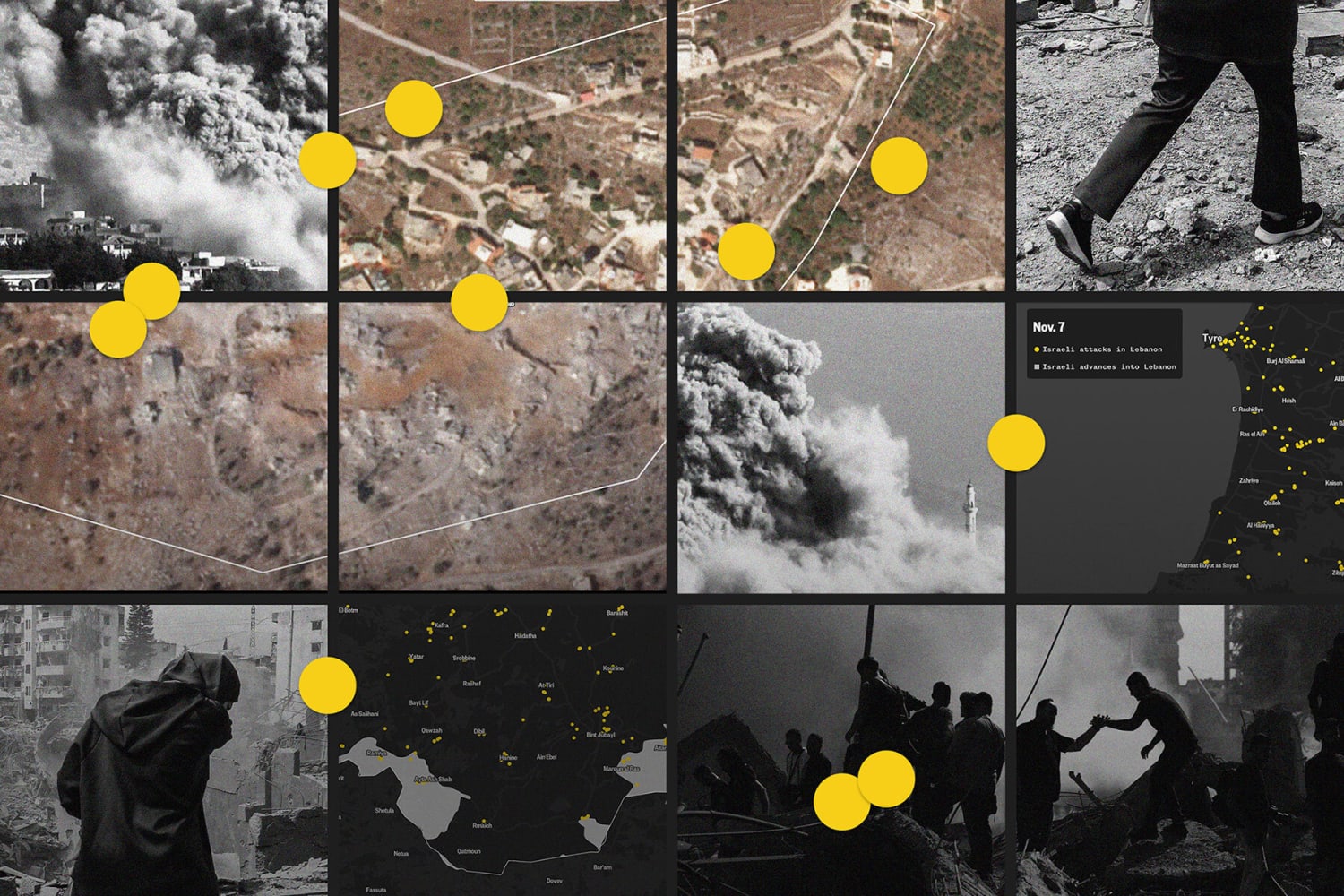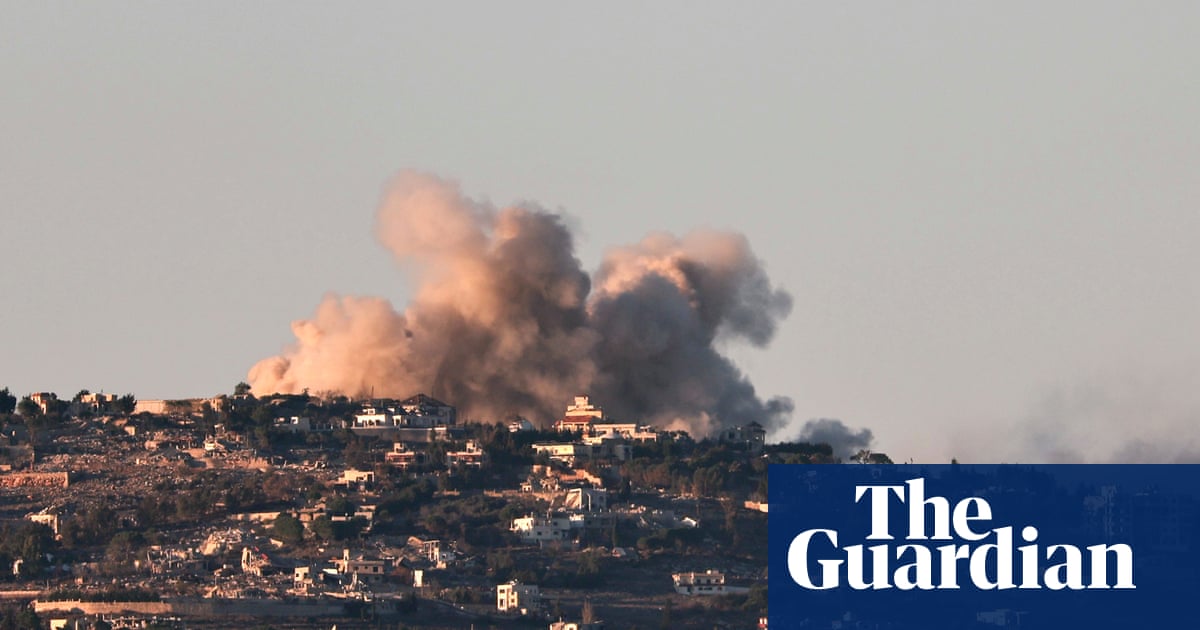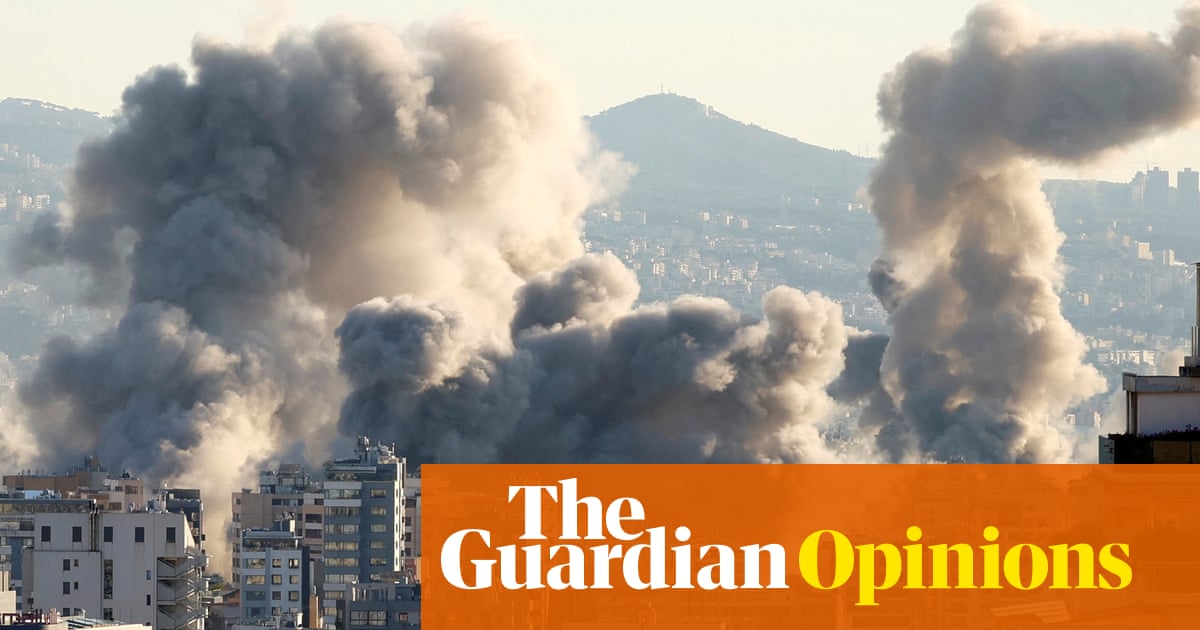Israel and Hezbollah Reach Ceasefire Agreement After Year of Conflict
The Israeli security cabinet has approved a ceasefire proposal with Hezbollah, set to take effect early Wednesday morning, following 14 months of fighting.
Subscribe to unlock this story
We really don't like cutting you off, but you've reached your monthly limit. At just $5/month, subscriptions are how we keep this project going. Start your free 7-day trial today!
Get StartedHave an account? Sign in
Overview
On November 26, 2024, the Israeli security cabinet approved a ceasefire agreement with Hezbollah, brokered by the U.S. The deal, effective at 4 a.m. local time on November 27, aims for a 60-day halt in hostilities, with conditions for both sides to withdraw troops and ensure security. Israeli PM Netanyahu emphasized Israel's right to respond to any violations by Hezbollah, while President Biden characterized the agreement as a significant step toward peace.
Report issue

Read both sides in 5 minutes each day
Analysis
Analysis unavailable for this viewpoint.
Articles (58)
Center (21)
History
- 1y

 6 articles
6 articles
